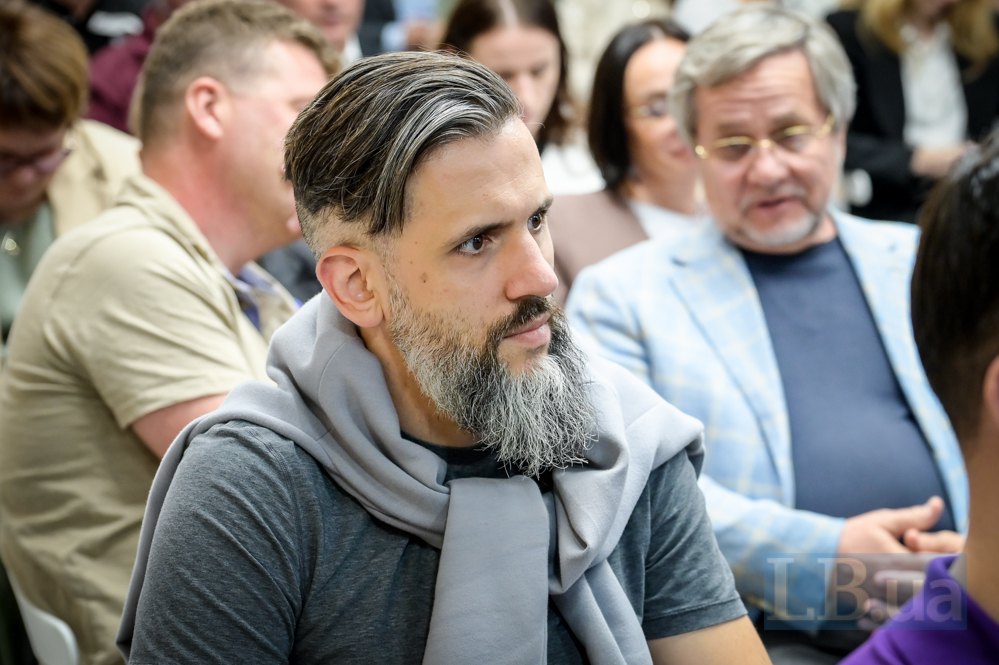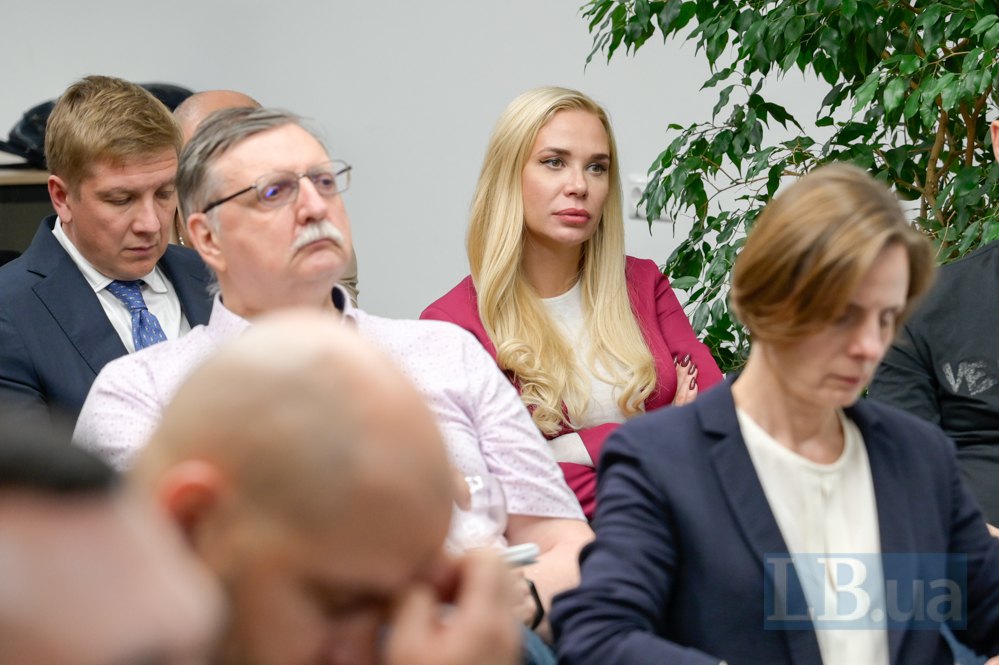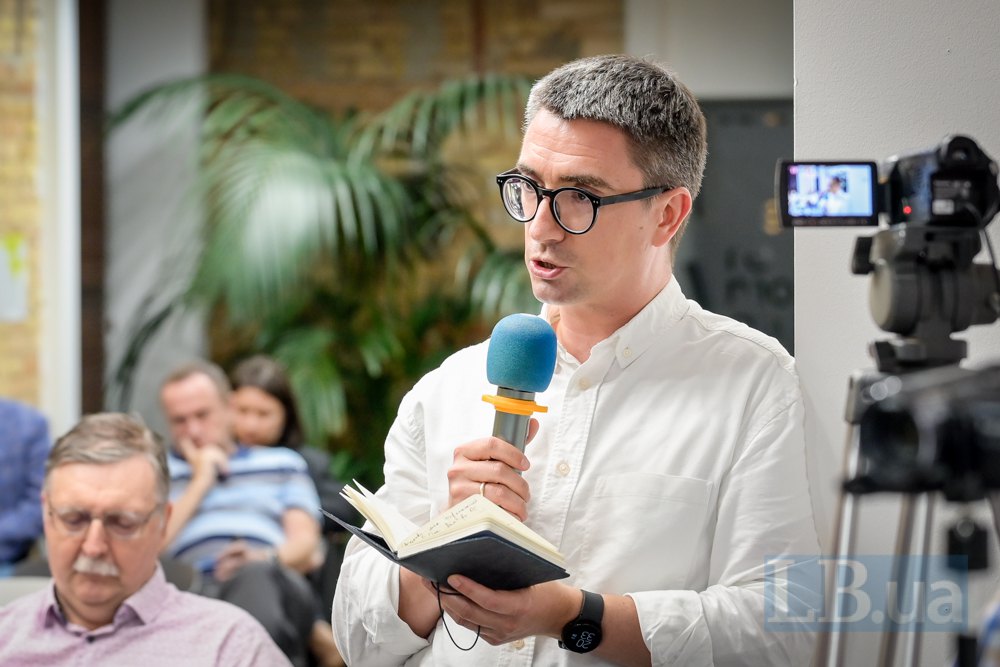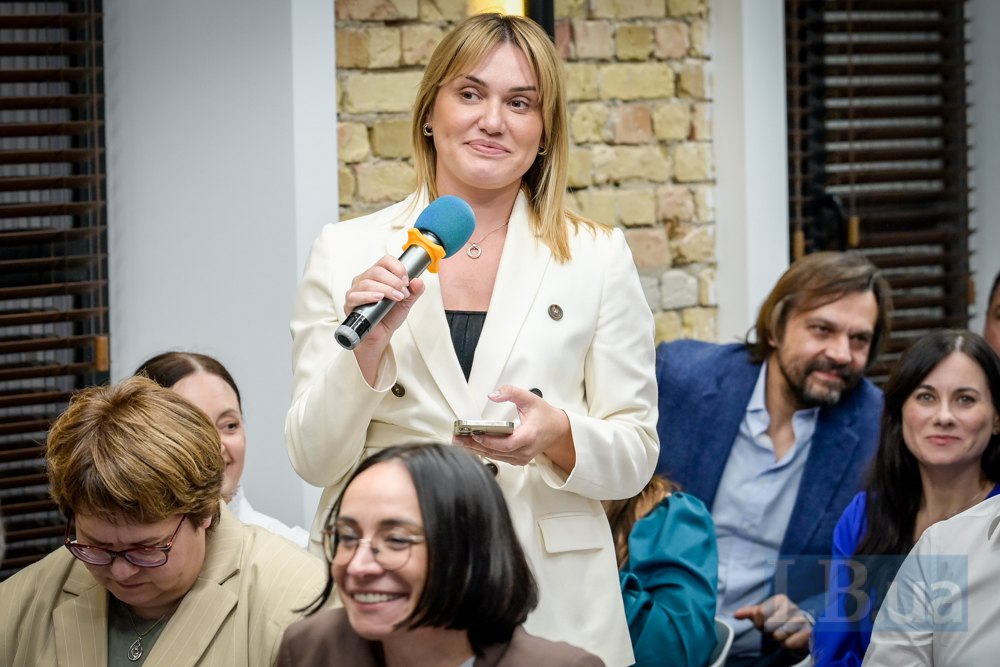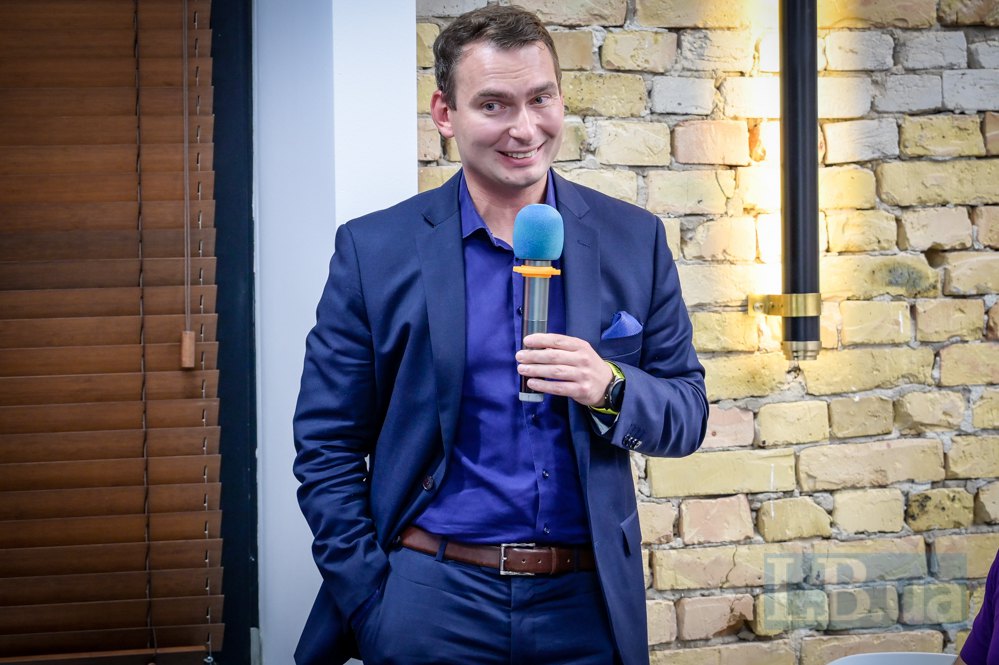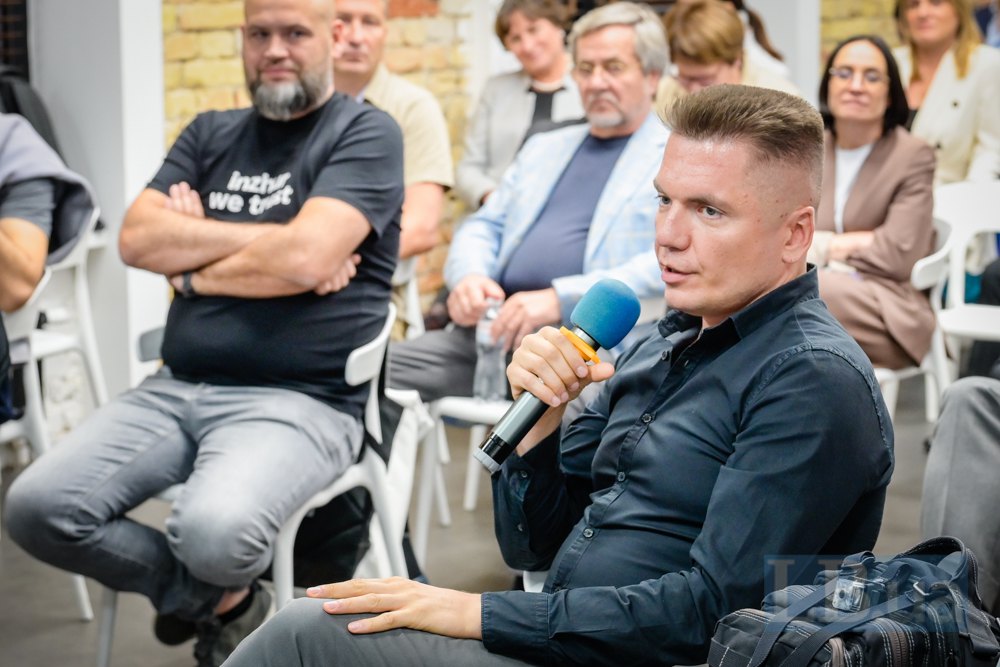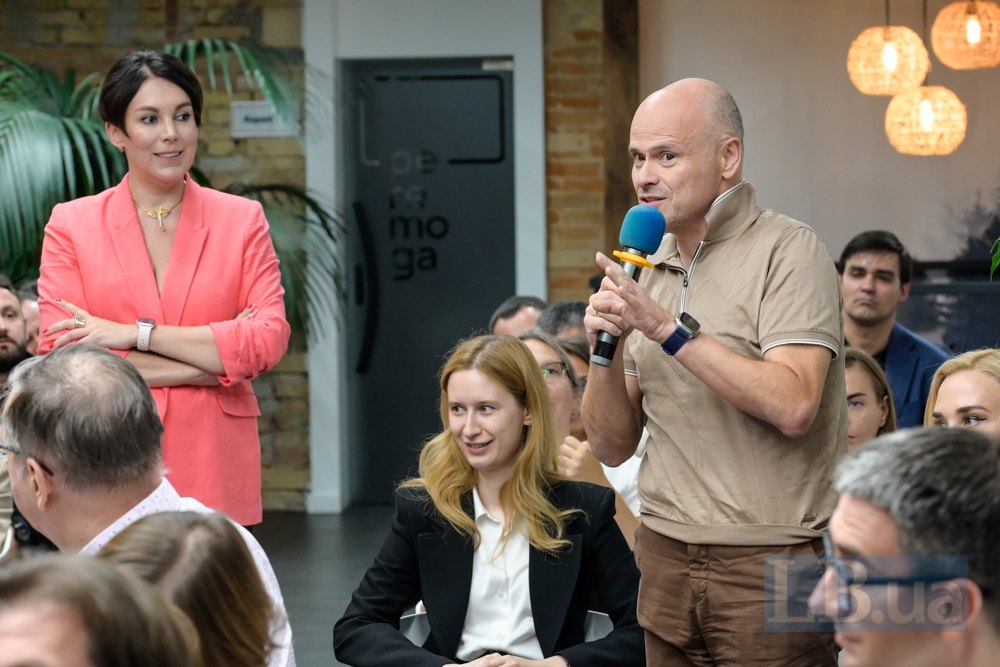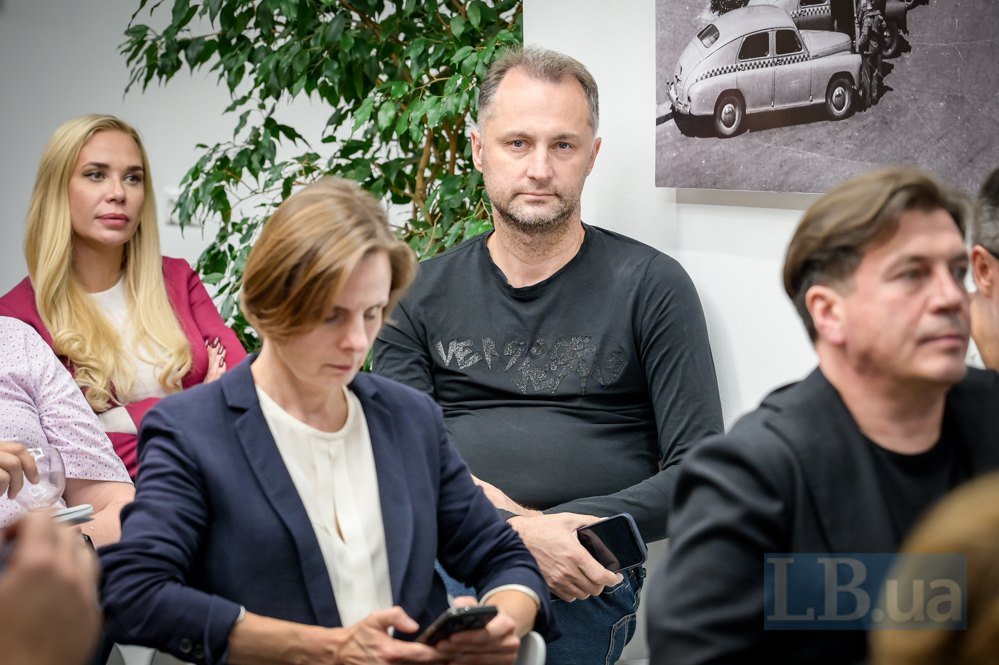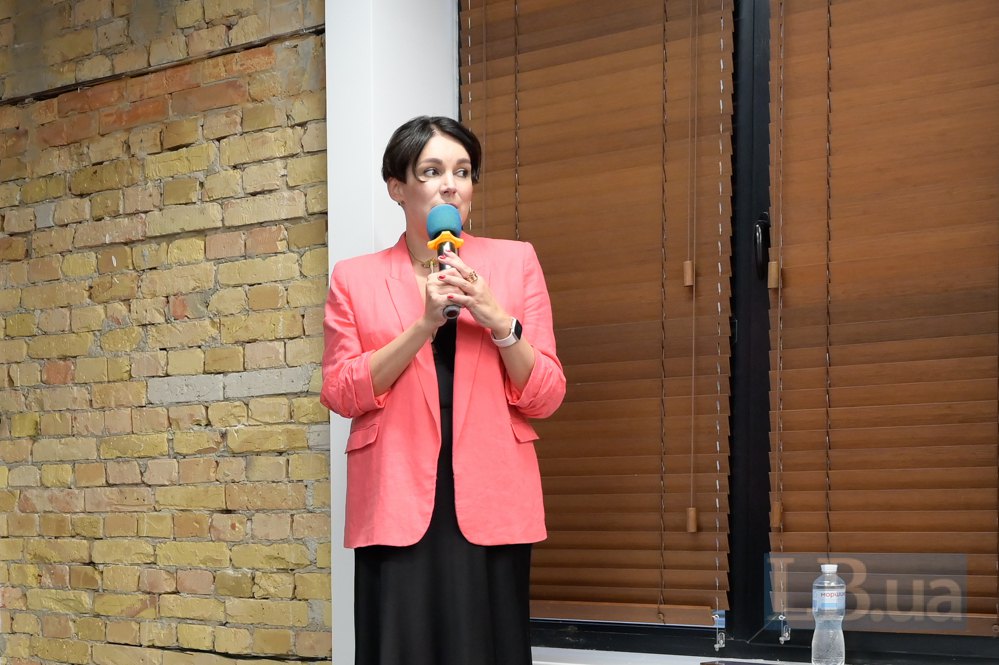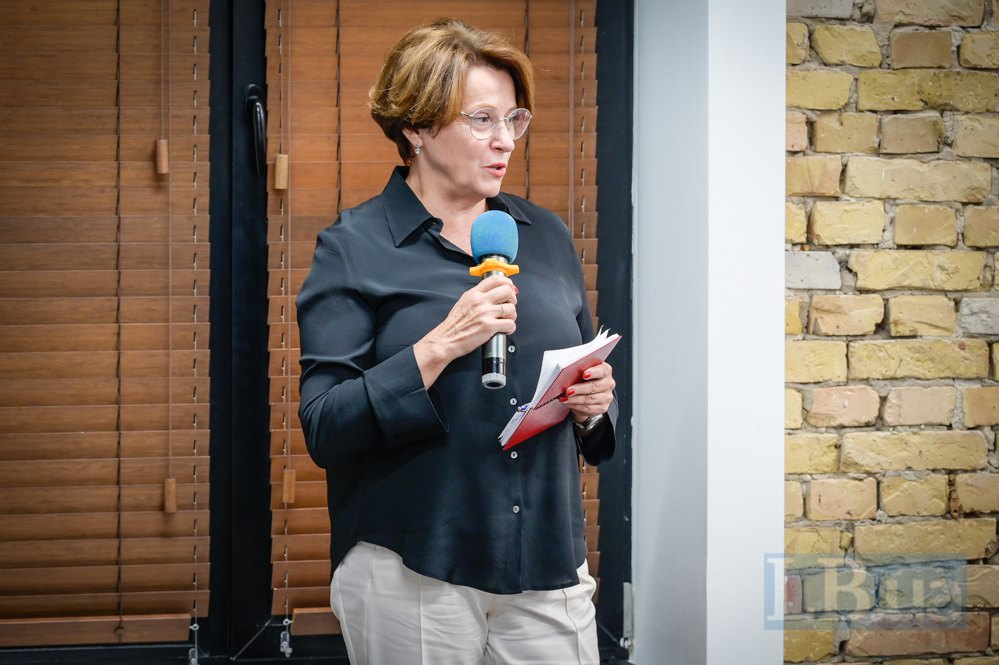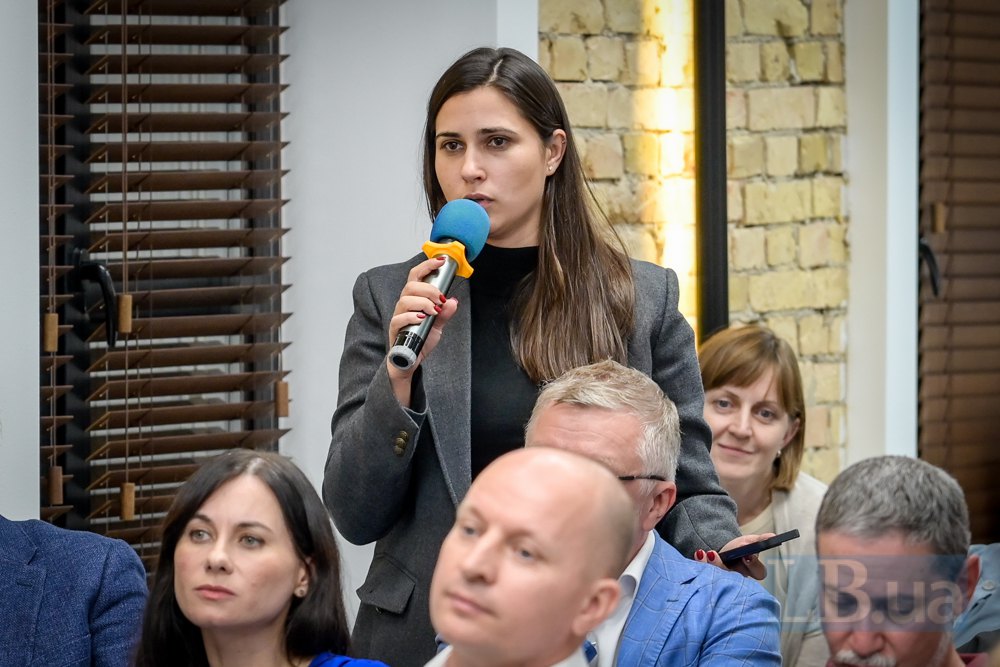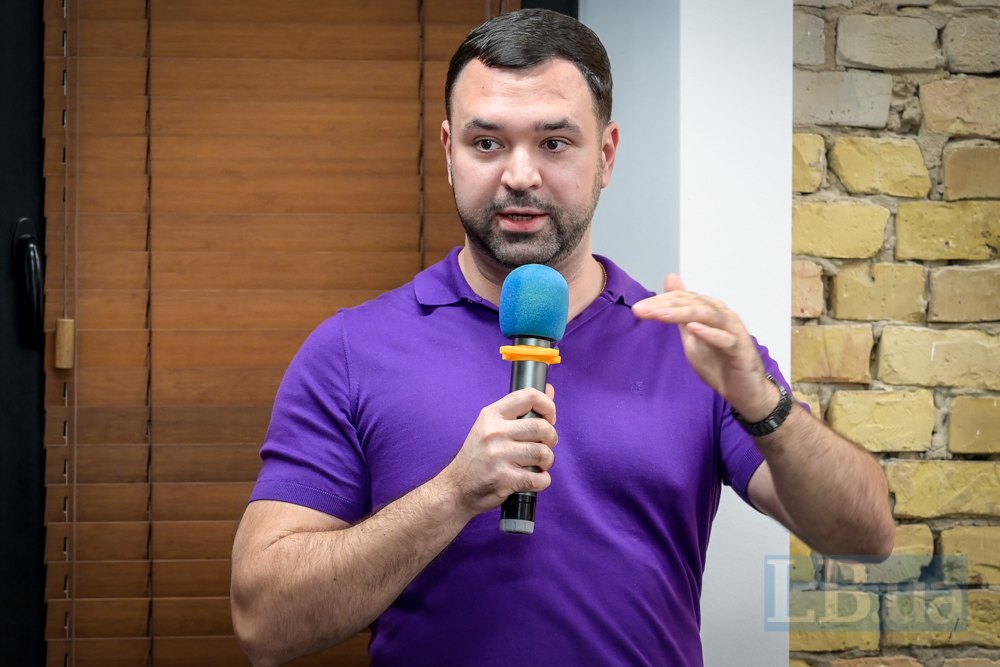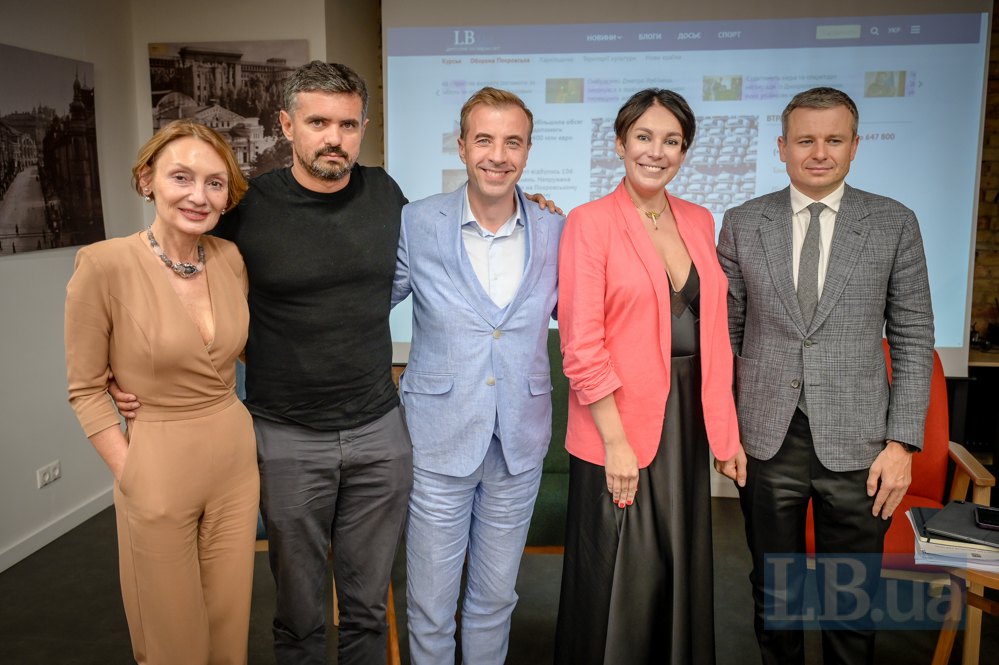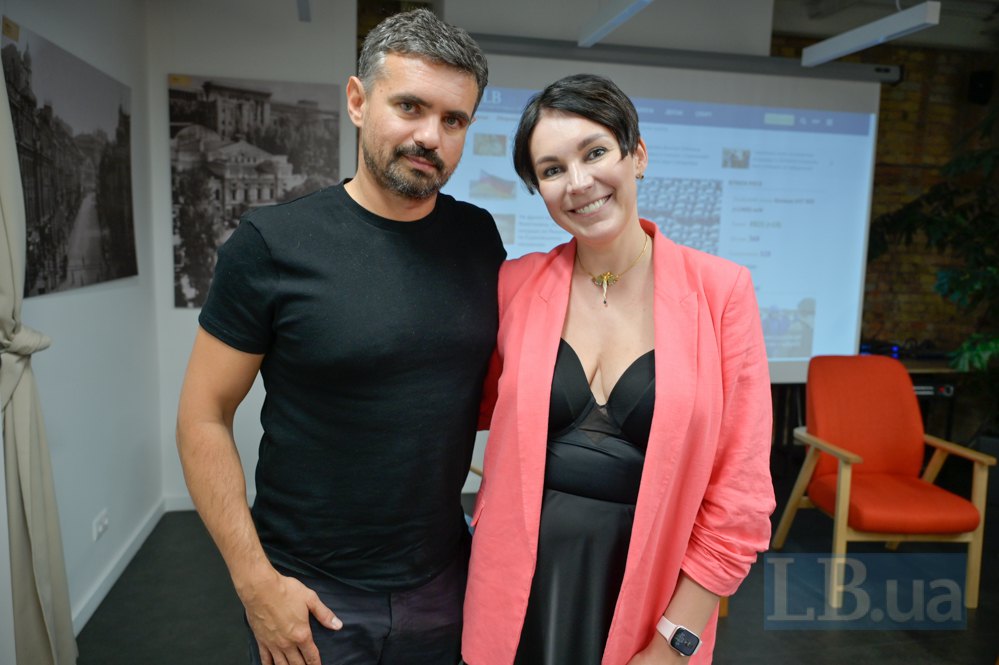Tax Hike and the New Social Contract was the topic of the third discussion panel of the second season of the joint project of LB.ua and EFI Group New Country. This time, the discussion focused on the sensitive topic of tax hike and fairness, ways to fill the budget, alternatives to raising the military tax, systemic reforms and de-shadowing the economy. And the consequences of tax changes in general.
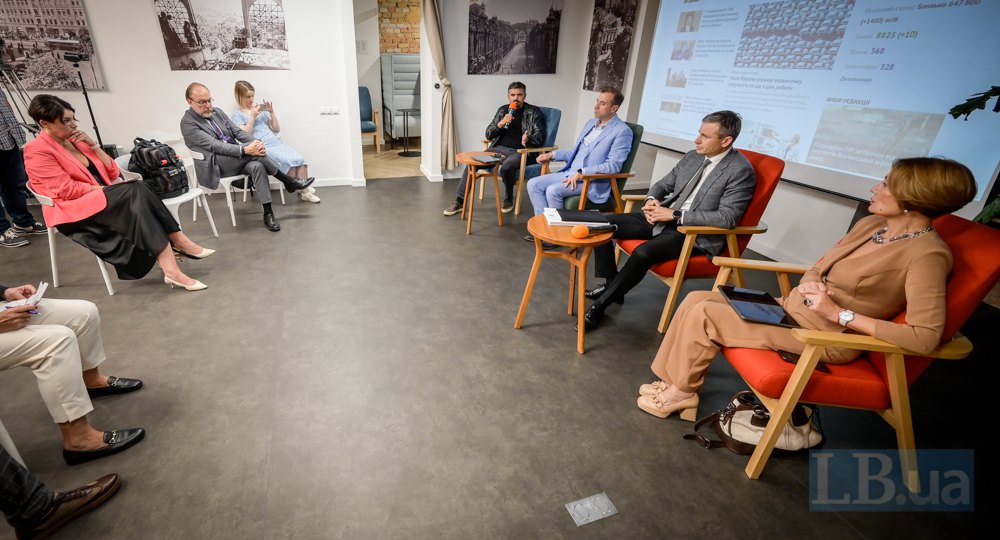
The speakers of the discussion panel were:
- Serhiy Marchenko, Head of the Ministry of Finance;
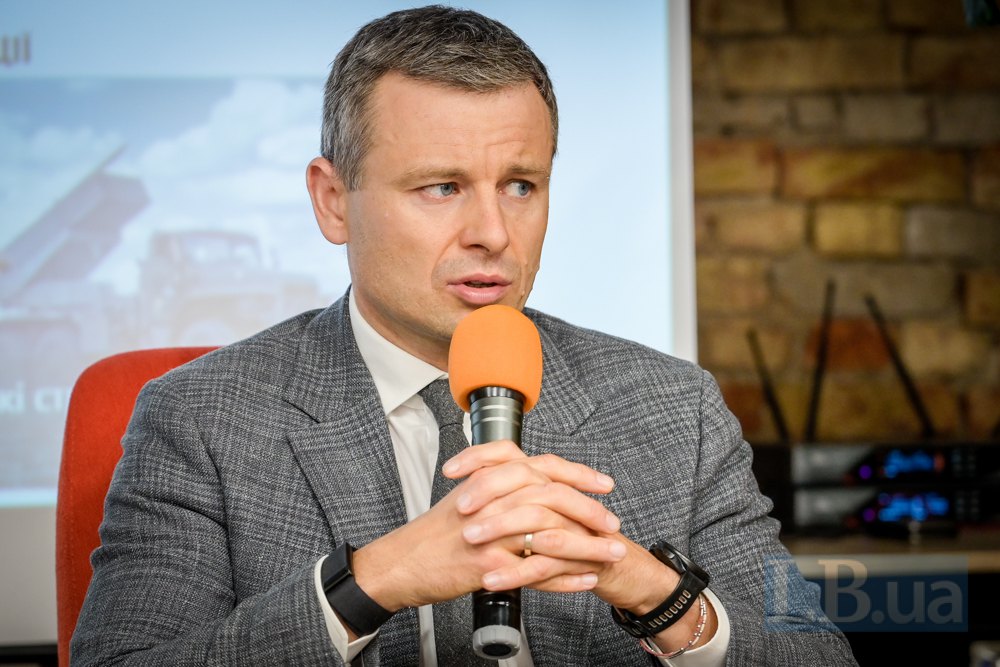
- Kateryna Rozhkova, Deputy Chairman of the National Bank of Ukraine;
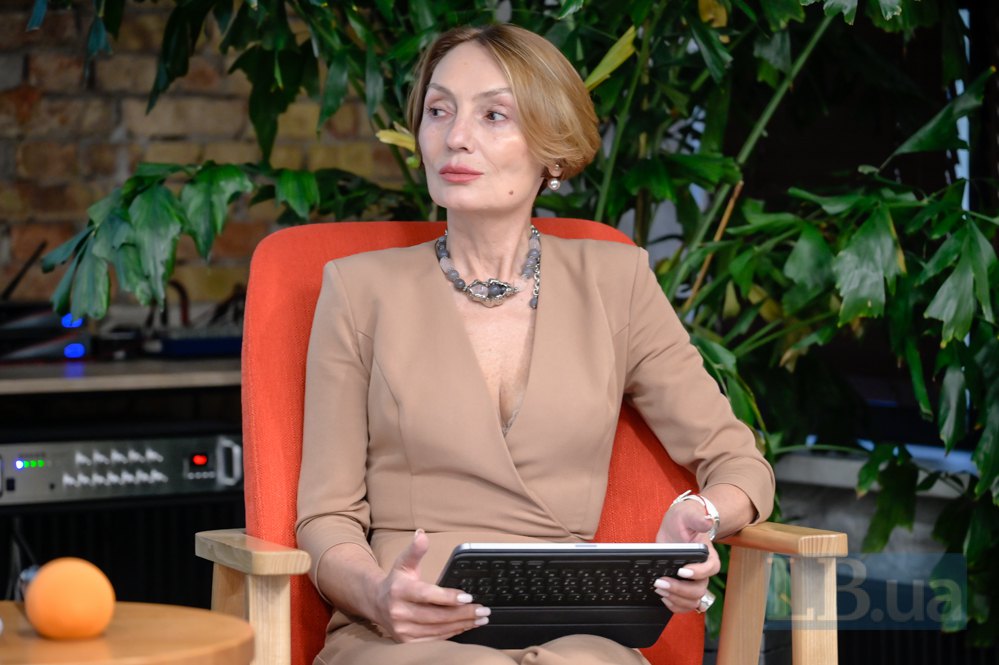
- Andriy Dlihach, Head of the international business community Board, professor of economics, founder of the Advanter Group;

- Ihor Liski, Chairman of the Supervisory Board of the investment company EFI Group.Ihor Liski, Chairman of the Supervisory Board of the Investment Company EFI Group
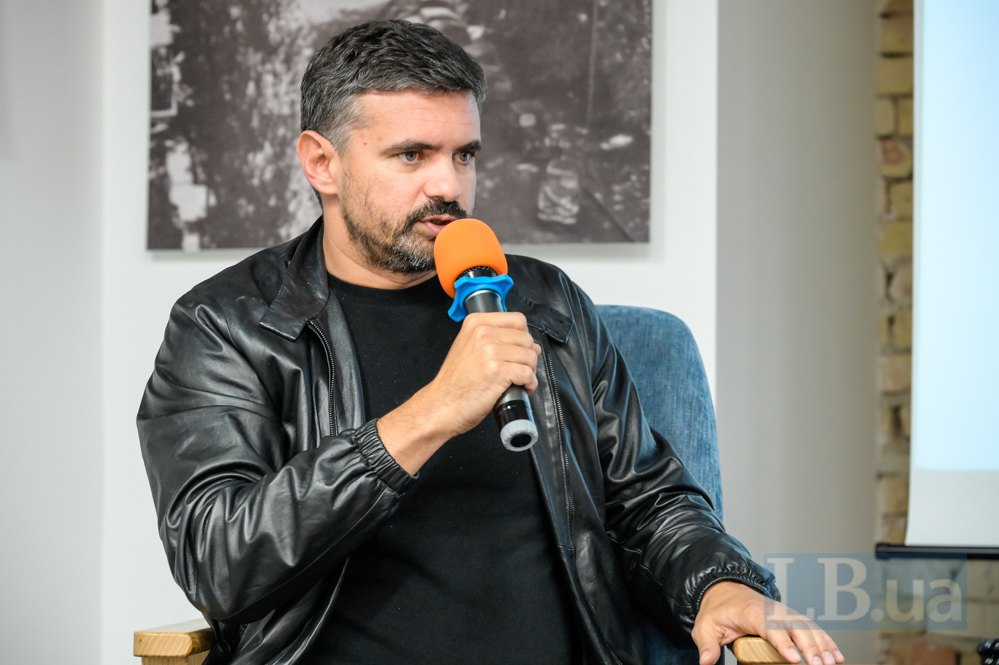
Finance Minister Serhiy Marchenko admits that the tax increase is a necessary step, and the government is well aware of the impact it will have on business, but "other options have already been exhausted."
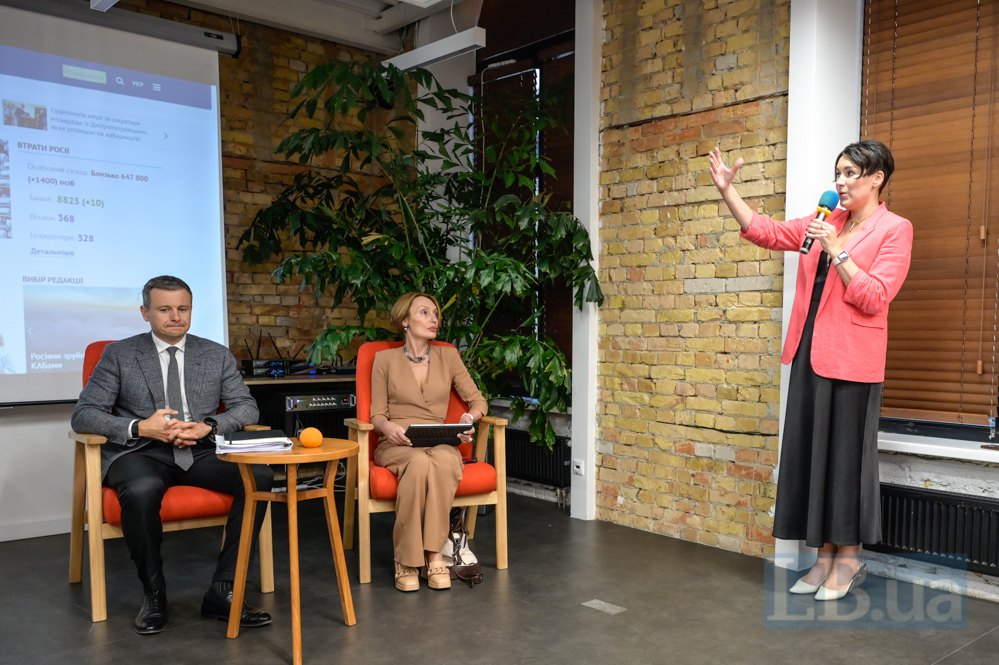
"We need to survive in the short term. Our plans for taxes and accumulation are driven by the fact that the country now has one specific problem that needs to be solved - security. All other problems are secondary," the minister said.
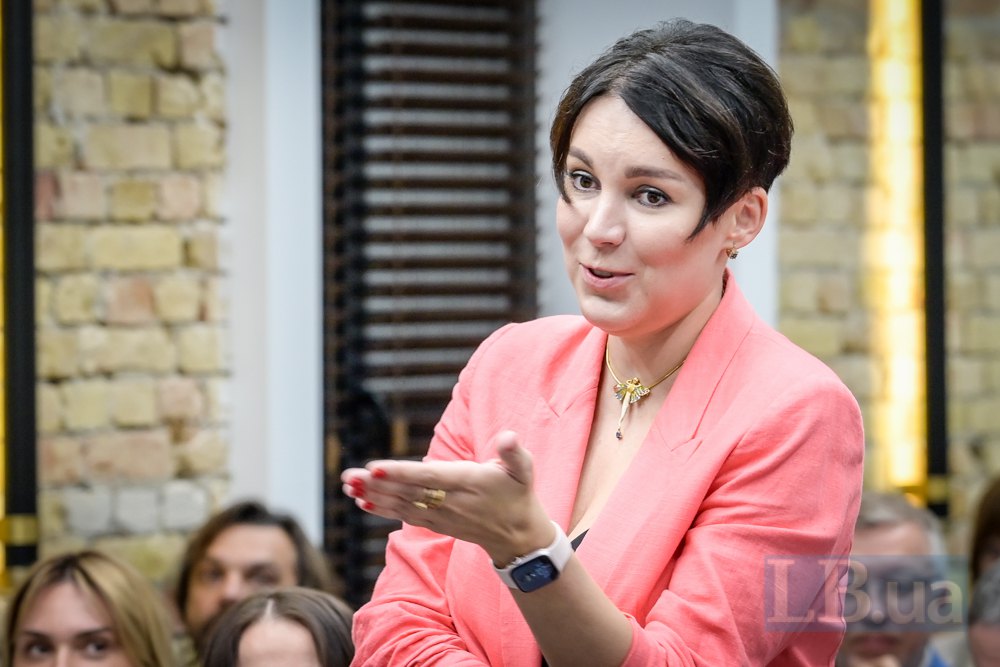
The government's approach was criticised by Andriy Dlihach, professor of economics and founder of the Advanter Group. In his opinion, the increase in the military tax from 1.5% to 5% will lead to an even greater shadowing of the economy. "35% of salaries are in the shadows. ...This 35% turns into 44% with the increase in the military tax. Why? Because this is behavioural economics. The current burden on the wage bill is 34%. As it increases, certain limits are crossed, and there is a greater interest in shadowing part of the salary," says Dlihach, noting that the state has enough tools in its arsenal to fill the budget in the short and long term. For example, a 2% increase in VAT instead of the military fee. Then it will affect the whole society, not just those who receive official salaries.
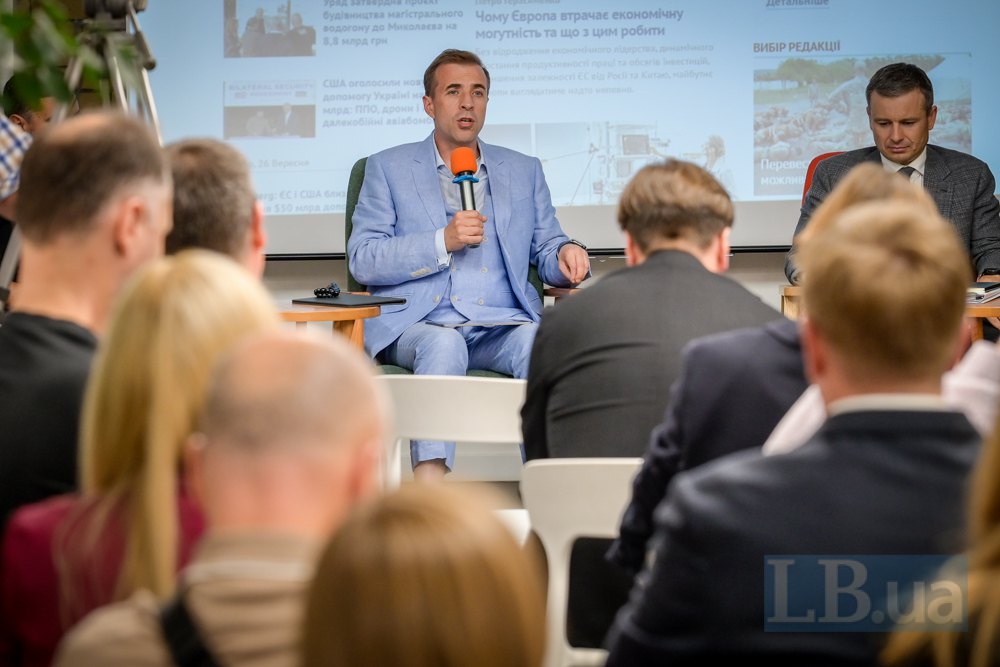
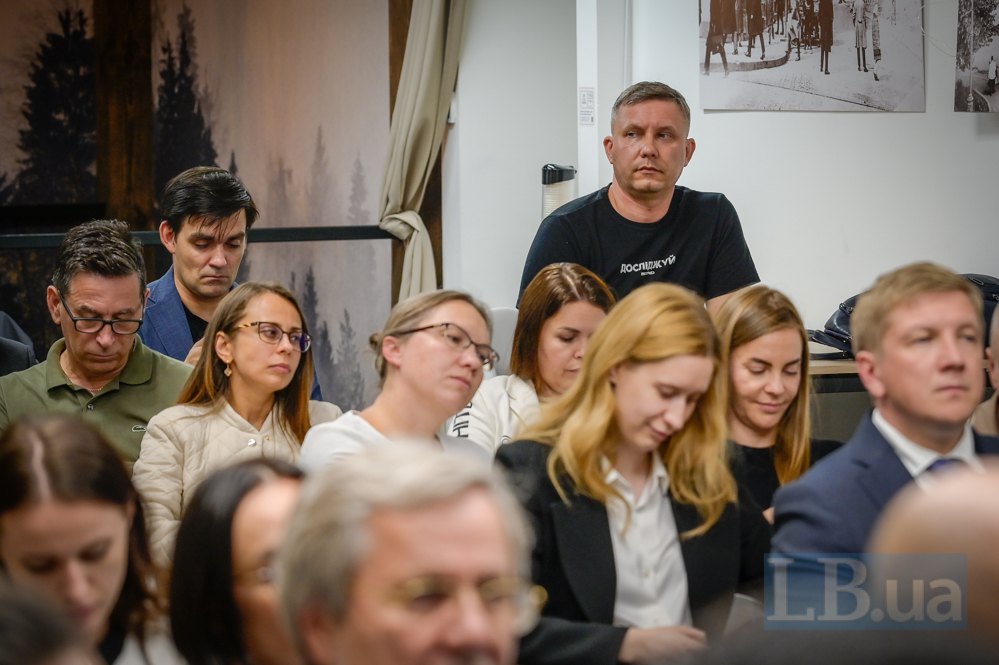
On the other hand, businessman Ihor Liski supports the increase in the military tax. He, like Serhiy Marchenko, believes that this is dictated by the circumstances of the war.
"The story is simple. The issue is that in this short-term period we need to mobilise and raise funds. Otherwise, we will have another discussion later: in which country will we and our children be begging for something as homeless people. We need to mobilise these resources. And this discussion is lacking on how to do it properly," Liski believes.

Kateryna Rozhkova, Deputy Governor of the NBU, also criticised the increase in taxation for commercial banks (up to 50%), despite her general support for tax optimisation. "Today, the banking sector already pays tax at a higher rate, with a 25% corporate income tax. The vast majority of the banking sector has transparent reporting and white salaries. ...And if the banking business today pays all taxes consciously, transparently and honestly, this is not a reason to punish it further," Rozhkova says. In her opinion, the de-shadowing of the economy is part of a new social contract, as it requires, among other things, that society abandon the consumption of grey services, such as buying cheaper iPhones or paying a restaurant bill with two receipts.

The tax changes caused a lively discussion both among the main speakers and among the guests of the event. Their detailed performances will be published on LB.ua soon.
